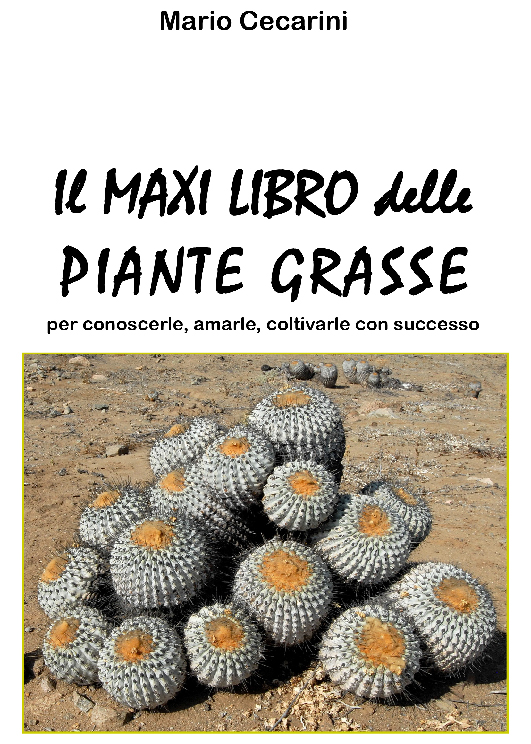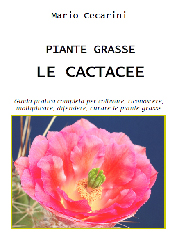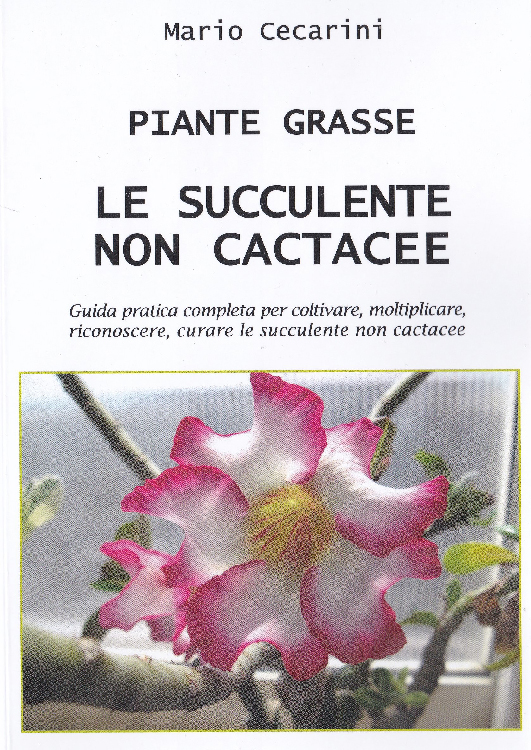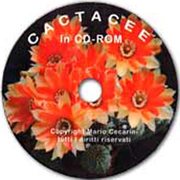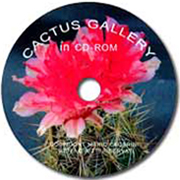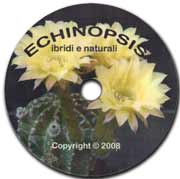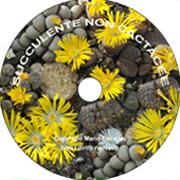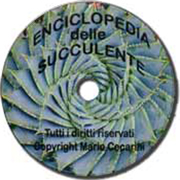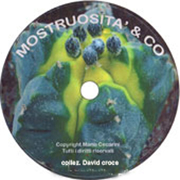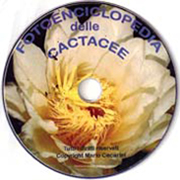Habitat: Andean ranges of Peru, Chile, Argentina and Bolivia; China. They can be found from sea level to 3000 metres (9800ft) of altitude where plants are adapted to low air humidity.
Description: mostly mountain cacti with a columnar or globular stem branching from the base; some may attain 7 metres in height. They produce white, nocturnal, funnel-shaped flowers. They can be used as rootstock. It is often synonymous with Soehrensia, Lobivia, Helianthocereus. It has been moved into Echinopsis.
Soil: basic mix.
Location: grow in full or filtered light all year round.
Temperature: they tolerate lows around 5-7°C (41-45°F) in a dry environment. Some species need to be grown outdoors against a south-facing wall in order to flower well.
Water: average.
Cultivation tips: easy; propagate from seed or cuttings. They seldom flower.
Main species of Trichocereus: Trichocereus angelesii; Trichocereus bruchii; Trichocereus candicans; Trichocereus chilensis;
Trichocereus strigosus; Trichocereus grandis; Trichocereus huascha; Trichocereus lobivioides; T.richocereus macrogonus; Trichocereus totorensis; Trichocereus tarijensis; Trichocereus terscheckii;
Trichocereus bridgesii; Trichocereus pasacana; Trichocereus strigosus; Trichocereus spachianus, a good rootstock;
Trichocereus pachanoi, spineless, is often used as rootstock; its 12 cm (4.7 in) wide flowers are followed by edible fruits called “pasacana”; Trichocereus schickendantzii, can be overwintered outdoors if sheltered from rain and severe frosts.




